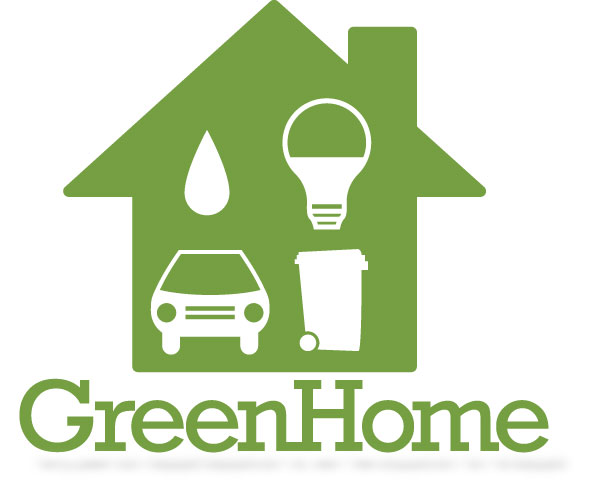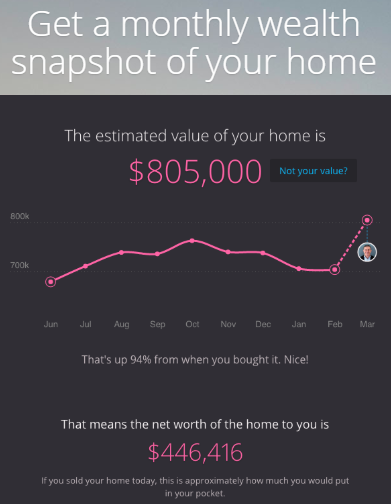Guest Post by Carmen Brettel is a writer and manager for Studentgrants.org, where she has recently been researching returning student grants. In her spare time, Carmen enjoys gardening and volunteering at animal shelters.
Saving money on bay area homes isn’t easy, often because many future savings first require steep investments. Although this is a sound economic choice, many of us are not yet comfortable making that leap.
That’s what these tips are for. We can all learn from the thrifty habits of environmentally-conscious renters and home-owners all around the Bay Area, many of whom—rather than going into debt for a Prius or solar panels—opt to save money and the planet by using public transit and turning down the thermostat.
——————————————————————————-
Here are some of their frugal habits at home.
- Turn down the water heater. If it’s at 140 degrees, tone it down to 120 to save up to 10% on water heating costs.
- Take quicker showers. This is easier said than done, especially in the winter. To ward off the shivers when you turn off the water while sudsing, simply make your bathroom warmer. Start by leaving the door shut even when no one is inside so its warmth doesn’t escape (except when airing it out after a shower). Make this tactic more effective by making a door snake out of an old towel.
- Make door snakes by rolling up old towels or filling unwanted ties with rice. You’ll save on your heating bills by keeping a room in use sealed off from the rest of the house.
- Snag a space heater from the thrift store. Sealing off rooms in use will save heat, but you’ll be able to further lower the thermostat by plugging in a space heater. Just be sure to plug it in before buying it.
- Watch the thermostat. With door snakes and space heaters in only used rooms in the house, you can make a significant dent in climate control bills. If, for example, you are unemployed or self-employed and job-search or work from home, you’ll probably only need one warm room. Close it off with a door snake, plug in the space heater, and set the thermostat so the rest of the house is just a little chilly. Every degree you go down on the thermostat, you save between 1 and 3% of your heating bill. Bonus points for turning it off altogether.In warmer months, aim for 78 degrees or higher when at home and open the windows and plug in a fan if necessary. This can save you between 10 and 20% of your bill.
- Vanquish energy vampires. Unused items left plugged into an outlet still suck out energy—hence, energy vampires. Annually, vampire energy can account for almost 10% of electric bills! Unplug them or group them into surge protectors you can switch off when not in use. You can usually snag these for free or cheap at thrift stores or Craigslist.
- Use less detergent. We typically use more than we need—for both the dishes and the laundry.
- Replace the fabric softener with distilled white vinegar. Pour it into the slot for fabric softeners for stink-free, clean clothes.
- Wash clothes in cold water. Barring pet waste and muddy soccer clothes, most laundry loads don’t need hot or warm water.
- Stop buying household cleaners. Make your own by filling an empty spray bottle with 1 part liquid soap, 4 parts water, and about 10 drops of tea tree or lavender essential oil. The latter are antibacterial and antivirual, and a study has shown that the latter is just as good as conventional ingredients at inhibiting H1N1 and other nasties.
- Make your toilet low-flow with a few large rocks or a brick. Place the heavy item inside the tank of the water, displacing much of it so you waste less water with each flush.
- Grow native plants. Grassy lawns in drought-prone areas are a recipe for high water bills (not to mention costs incurred installing sprinklers). Native shrubs, trees, grasses, and plants tend to fare better in most lawns. Low-maintenance house plants include aloe and spider plants, which also filters air of indoor pollution like formaldehyde.
- Start a water barrel. If you’re proud of your lawn just the way it is, you can water them with water saved in a water barrel. You can find them for free and cheap on Craigslist or make your own with this Instructables tutorial.
- Mulch. This is better for the environment (and cheaper) than any man-made alternative like concrete because rain can still seep into the ground and become groundwater, which we drink through the public water system. Mulching also traps moisture in the soil and prevents weeds from spouting, saving you money on lawn care. Many communities give away free mulch, and you can scour Craigslist if yours doesn’t.









Leave Me a Quick Comment or Note